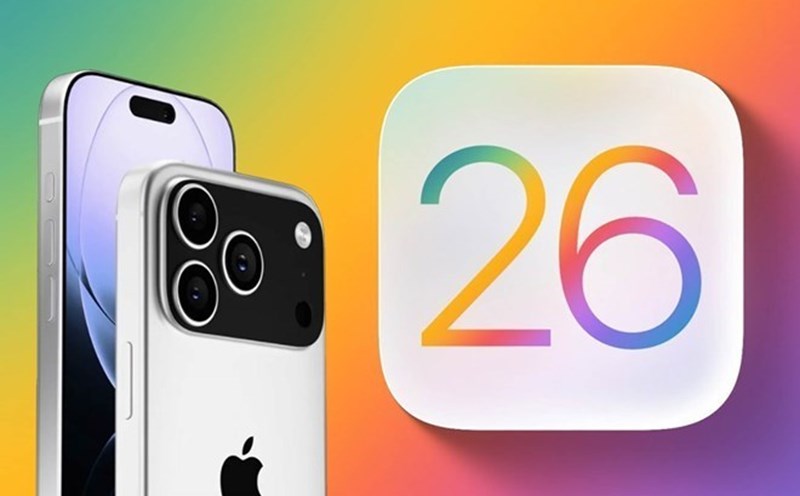After launching the new generation of iPhone, Apple continues to expand the Apple Intelligence ecosystem by deploying Foundation Models, an AI framework on the device that helps developers integrate smart features directly into the application, while ensuring user privacy.
According to Apple, Foundation Models has officially arrived on iOS 26, iPadOS 26, and macOS 26. This is a tool that makes it easy for developers to build experiences based on large language models (LLM), from personal logs, summarizing exercises, to conversational explanations of scientific concepts.
Users do not have to pay additional fees, while data is still processed online, not leaving the device.
We are delighted to see developers quickly bringing privacy protection artificial intelligence to the app, said Susan Prescott, Apples Vice President of Global Developer Relationships. The experiences they create show great opportunities from this framework.
In fact, many applications have begun exploiting Foundation Models. In the field of health and fitness, SmartGym allows users to describe exercises using natural language and immediately turn them into structured habits.
The Smart Trainer feature also clearly explains the reason for weight adjustment or suggests new exercises, while creating progress reports, greetings and personalized training according to real data.
The Stoic app focuses on logging and emotional feedback. When users record a bad day, Stoic can create reflections and positive reminders, all processed on the device to ensure personal data is not leaked.
Swing Vision analyzes tennis matches, 7 Minute Workouts customize workout habits, while gratitude and Train Fitness use platforms to summarize and adjust workout plans more appropriately.
In education, Foundation Models also brought breakthroughs. The CellWalk application allows students to explore 3D cell structures and receive interview explanations depending on their level.
grammo language learning application integrates instant replies for grammar exercises, while Lil Artist and Vocabulary support children in creating illustrative stories and classifying smart words. platzi, an online learning platform, also uses this framework to answer real-time questions.
Not stopping there, Foundation Models also promote productivity and creativity. The Stuff task management application can automatically identify days, lists, and convert notes to tasks.
The VLLO video editing application works with Apple Vision to suggest suitable music and stickers. Applications like Signeasy and agenda take advantage of this framework to summarize documents or search intelligently in notebooks.
Apple said Foundation Models is deeply integrated with the Swift language, allowing for direct calls to three billion model parameters right on the device, supporting structured output and tool calls.
As a result, developers can significantly reduce the barrier to building AI features, while users enjoy personalized experiences while maintaining data security.
With Foundation Models, Apple once again affirms its AI orientation on devices, both protecting privacy and creating new motivation for creativity, education, exercise and productivity every day.









